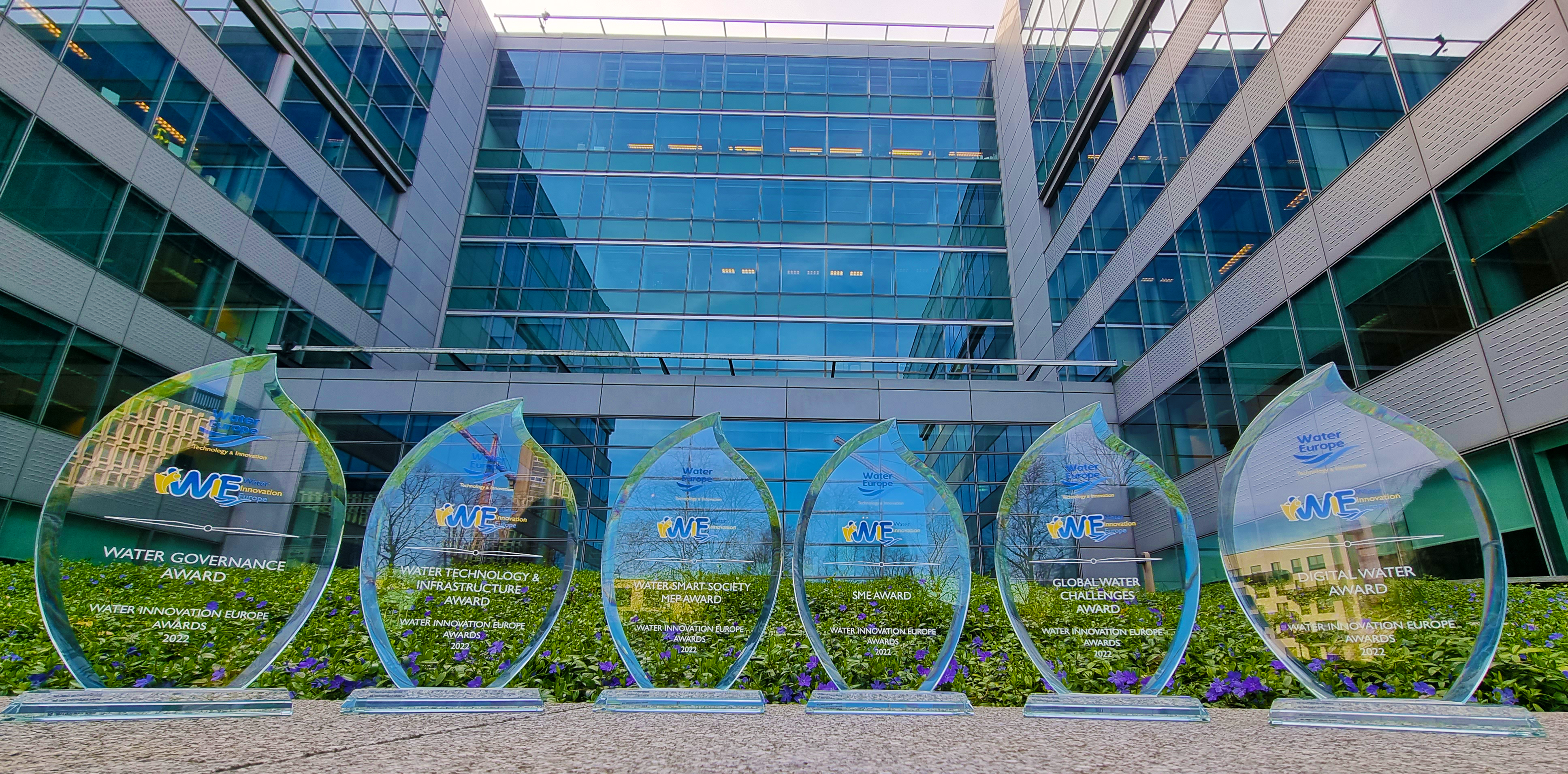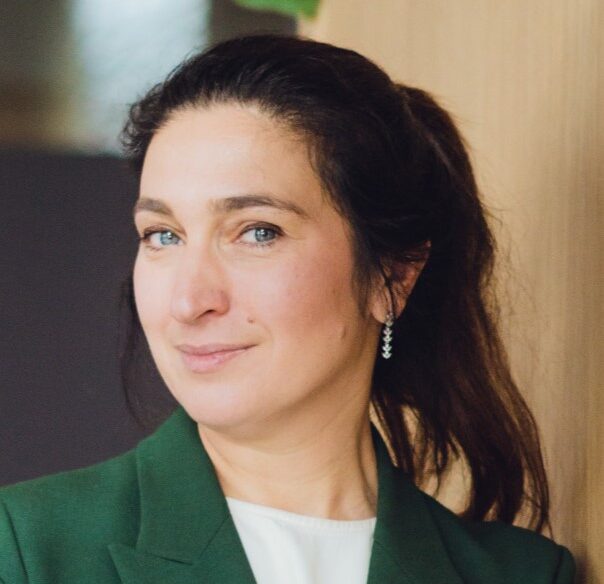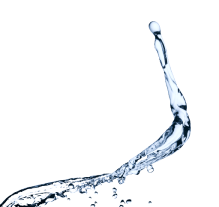You have been newly elected as Water Europe board member of college C ‘Utilities’- Could you tell us what drives you personally to have this role at Water Europe? What do you want to achieve?
It’s a great honour and responsibility to be a part of the Water Europe (WE) board as a representative of college C ‘Utilities’. WE is recognized as one of the most influential voices and promoters of water-related innovation in Europe and aggregates an important ecosystem for fostering innovation, policy advising and knowledge sharing, contributing to a Water Smart Society, in which the value of water and related materials are recognized and protected. I fully believe that this vision will only be reached if we connect people and institutions and synchronise efforts; therefore, my motivation and efforts will be targeting the engagement of valuable partners to this WE ecosystem, and the achieving of a sustainable growth of WE’s diversity and influence.
Representing the utilities at Water Europe, which ones do you consider the key challenges and the most burning needs of this college and how do you contribute to addressing these in the context of Water Europe?
Despite all the current and future challenges that the water sector, and particularly the utilities, are facing, along with the growing understanding of the need to deliver smarter, cheaper, more resilient and environmentally sensitive services, our sector is recognised as risk-averse, very conservative with low innovation openness and highly regulated without exogenous innovation stimulus. We need to increase the utilities’ willingness and openness to innovation, and I believe that my previous experiences, managing and fostering open networks of innovation in the utility context, could be of value, concerning the completion of this mandate with a more open and innovative College.
Utilities are traditionally regarded as the problem owners & the ones in need of innovative solutions. How can utilities become more ambitious in adopting existing innovations & seizing the new opportunities presented?
In addition to problem owners, utilities are typically asset managers and account for one of the parts that is most interested in solving those challenges in innovative, smart, sustainable, and resilient ways. For this reason, the living labs are important tools to support demo-type research and innovation, allowing SME and research teams to develop water-oriented solutions in real-world and realistic environments. Furthermore, the living Labs enable the utilities and solutions providers to work together in a proactive learning and innovation ecosystem with R&D continuity and reproducibility. Moreover, the real field test is an important trust test when it comes to innovative solutions.
Based on our vision, Water Europe aims to build a Water Smart Society. From your point of view, which actions shall we put forward to make this happen and how could utilities contribute to that?
Our vision includes some key concepts, such as water value, sustainable management of water sources, broad engagement in the governance of water, fostering of a water-based circular economy, resource efficiency and resilience against the impact of climate change events. To attain the concretization of this vision, supported by new legal and regulatory frameworks, the role of utilities is critical, as these entities may create the bridge between innovation (in technology and business models) and field application. Finally, it is crucial to emphasise the central importance of shaping the human capital present in our utilities, transforming them into innovation agents and change inductors, open to new technologies, processes and approaches.



